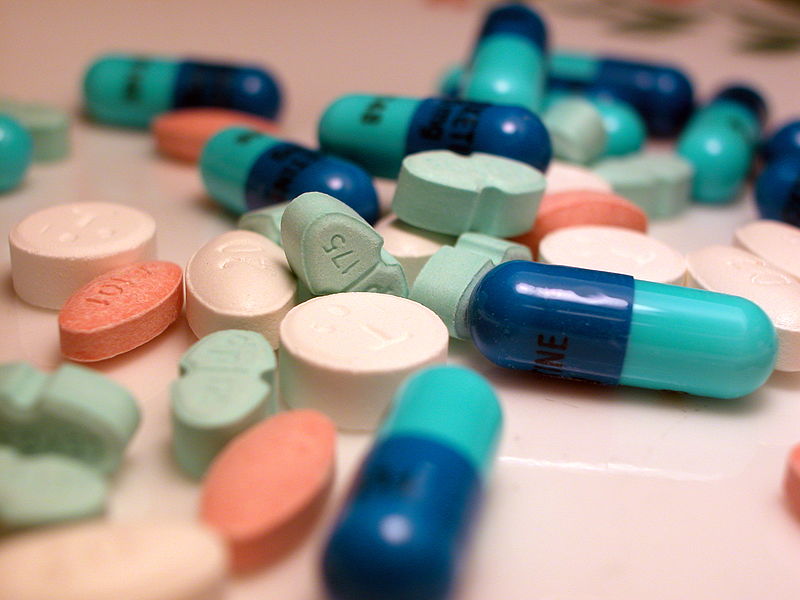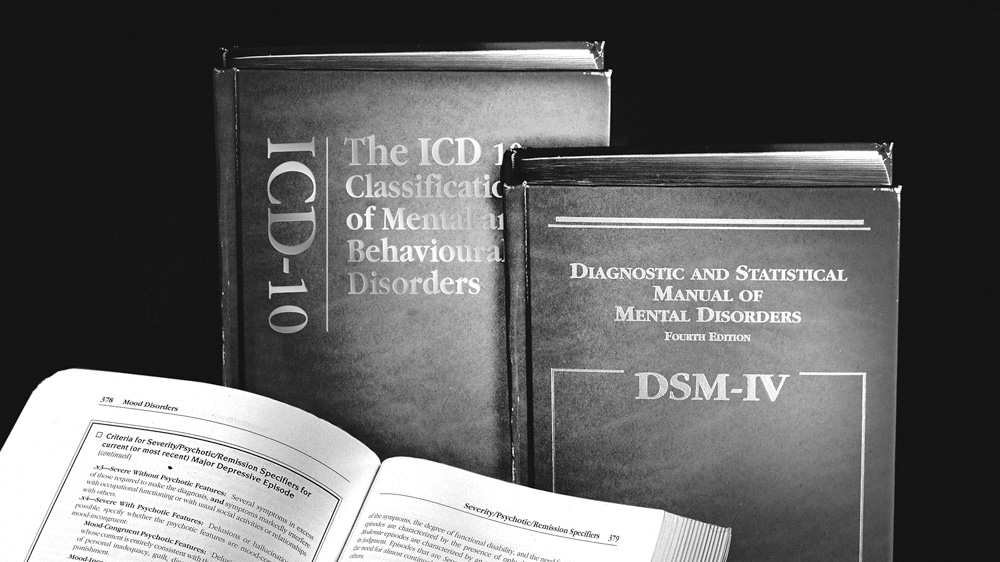
Miami-Area Psychiatrist Pleads Guilty for Role in $200 Million Medicare Fraud Scheme
WASHINGTON – A Miami-area psychiatrist pleaded guilty today in U.S. District Court in Miami for his part in a fraud scheme that resulted in the submission of more than $200 million in fraudulent claims to Medicare, the Department of Justice, FBI and Department of Health and Human Services (HHS) announced.
Dr. Alan Gumer, 64, of Tamarac, Fla., pleaded guilty to one count of conspiracy to commit health care fraud. Gumer was charged on Feb. 15, 2011, with one count of conspiracy to commit health care fraud and four counts of health care fraud.
According to court documents, Gumer was a psychiatrist at American Therapeutic Corporation (ATC), a Florida corporation headquartered in Miami. ATC purported to operate partial hospitalization programs (PHPs) in seven different locations throughout South Florida and Orlando. A PHP is a form of intensive treatment for severe mental illness.






SHARE YOUR STORY/COMMENT: